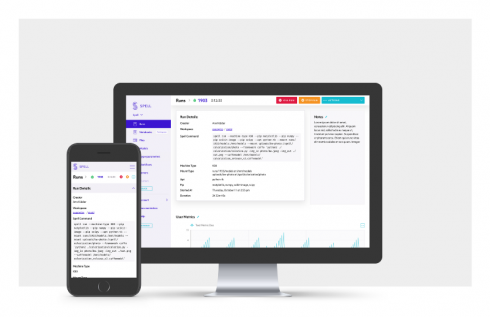
AI startup Spell has released a new deep learning and AI platform that is meant to empower teams to build using AI. Platform features include a new design, Organizations, Hyperparameter search, and dedicated clusters.
In addition, Spell has announced that it raised $15 million in funding, which it will use for continued innovations to help advance larger organizations, while still continuing to bring AI to the global workforce.
“AI may seem so advanced, but behind the scenes, 90 percent of the work is often spent on the basic mechanics of getting data, software and computation in the right place,” said Serkan Piantino, co-founder & CEO of Spell. “Rather than having to start from scratch to build dozens of machines or physically move data from place to place, teams and businesses can run real experiments from a laptop at a coffee shop.”
Google unveils new app translation service
Google has announced a new app translation service to help simplify the localization of apps. The new service will help localize user interface strings, store listings, in-app product names, and universal app campaign ads.
“At Google, we consider translation a key component of making the world’s information universally accessible and useful. This commitment extends not only to localizing our own products, but also to providing tools to help developers and translators more easily localize their apps,” Chris Yang, program manager for the translation service at Google, wrote in a post.
Rust 1.32.0 now available
Rust 1.32.0 is now available. This version includes quality of life improvements, switches the default allocator, and makes additional functions “const.”
For those who have installed Rust using rustup, the latest version can be obtained in just one command. Otherwise, the rustup can be obtained from Rust’s website.
Google showcases Scratch projects built using Blocky
In collaboration with the MIT Media Lab, Google released Scratch 3.0 earlier this month. Scratch is a block-based programming language meant to teach kids how to code.
Up until Scratch 2.0, the language was built on Flash, but now several of its projects are now built on top of Blocky, which is a library for easily adding block programming to apps. Now, the company is showcasing some of the projects it has built using Blocky, such as Code a Snowflake and Google Doodle. More information is available here.






